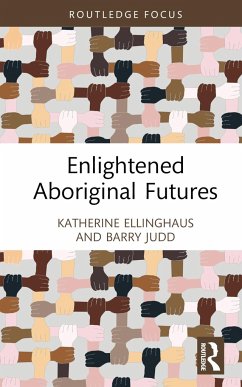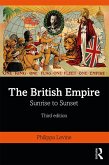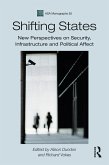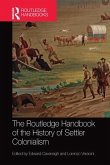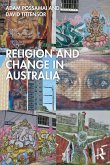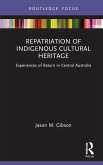This book examines the radical intervention of the German-Australian Lutheran missionary F. W. Albrecht in the education of Aboriginal children. Albrecht's ideas about consent, freedom of choice and personal autonomy were expressed in schemes designed to educate and empower Aboriginal people and efforts to find Aboriginal futures through education, training and employment.
This book explores how Aboriginal people understood Albrecht's work and the Enlightenment concepts on which it was based. In the context of an Anglo-Australian settler-colonialism that sought to systematically remove the freedom and autonomy of Indigenous people, this study demonstrates how those who participated in the Albrecht scheme were able to reconstruct themselves in ways that fused their own Aboriginal culture and identity with the ideas and values imported from an enlightened Germany.
This book will appeal to students and scholars of cultural history, colonialism, Lutheranism, race and ethnicity and Indigenous studies. It will also be illuminating reading to policymakers searching for a deeper understanding of colonial interventions in Indigenous communities.
This book explores how Aboriginal people understood Albrecht's work and the Enlightenment concepts on which it was based. In the context of an Anglo-Australian settler-colonialism that sought to systematically remove the freedom and autonomy of Indigenous people, this study demonstrates how those who participated in the Albrecht scheme were able to reconstruct themselves in ways that fused their own Aboriginal culture and identity with the ideas and values imported from an enlightened Germany.
This book will appeal to students and scholars of cultural history, colonialism, Lutheranism, race and ethnicity and Indigenous studies. It will also be illuminating reading to policymakers searching for a deeper understanding of colonial interventions in Indigenous communities.

